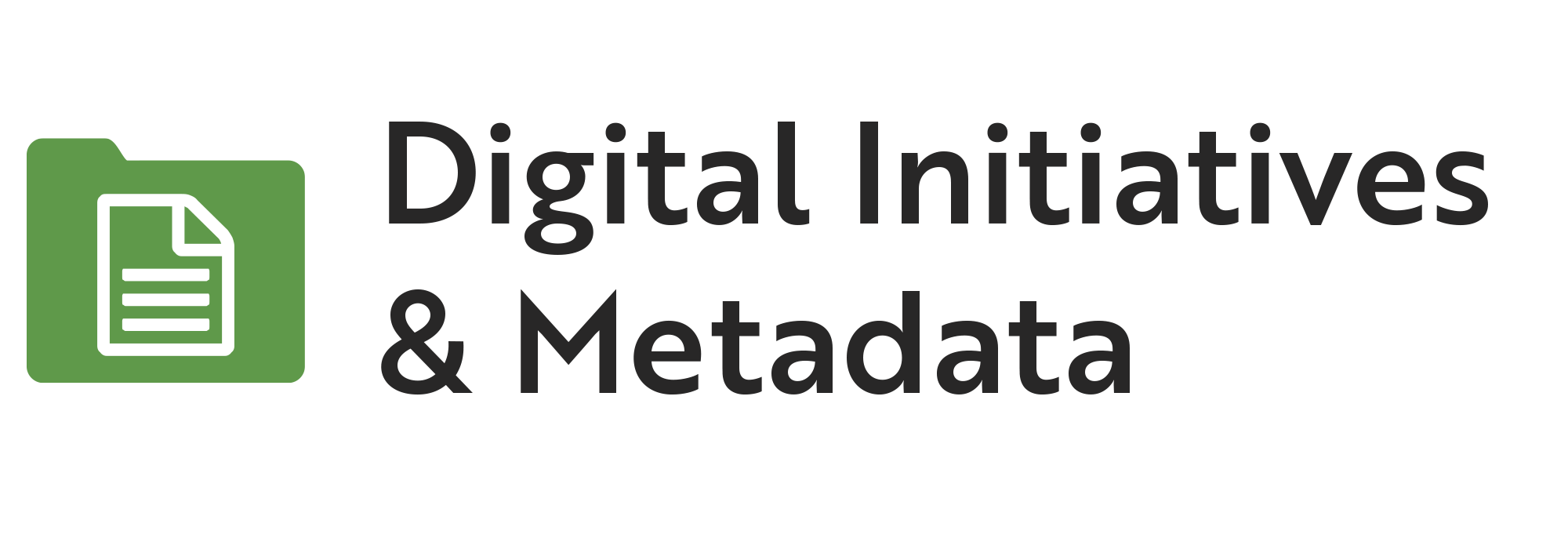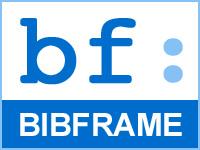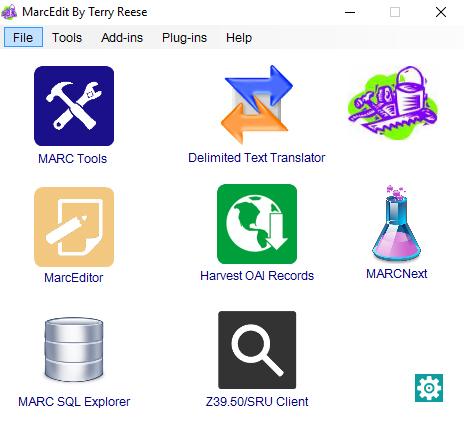by Sara Ring
Quick Summary
Modeling and Encoding Serials in BIBFRAME is the 5th webinar in the From MARC to BIBFRAME series, presented by Gloria Gonzalez (Zepheira), and offered by the Association for Library Collections & Technical Services (ALCTS). The presenter covered recent efforts to map serials to BIBFRAME, issues that serials catalogers encounter using BIBFRAME, possible models for MARC to BIBFRAME serials conversion, tools for cataloging serials in a BIBFRAME environment, and how to get involved.

Modeling and Encoding Serials in BIBFRAME is the 5th webinar in the From MARC to BIBFRAME series, presented by Gloria Gonzalez (Zepheira), and offered by the Association for Library Collections & Technical Services (ALCTS). Since each session in the series builds off the one before it, consider reading the other articles we have summarized before reading this article. Links to previous articles are under "Related Content" on the right side of this page.
Modeling and Encoding Serials in BIBFRAME covered these areas:
- Efforts to map serials to BIBFRAME
- Issues that serials catalogers encounter using the BIBFRAME model and vocabulary
- Possible models for MARC to BIBFRAME serials conversion
- Tools for cataloging serials in a BIBFRAME environment
- How to get involved
Gonzalez kicked off with a spoiler alert stating that BIBFRAME’s ability to accommodate serials is still unresolved. However, there are experts in serials cataloging that are currently experimenting with linked data and figuring out how serials should be modelled and encoded in BIBFRAME.
Efforts to map serials to BIBFRAME
The PCC BIBFRAME Task Group and Zepheira’s Training Alumni Serials Team are actively working to map serials to BIBFRAME. The PCC BIBFRAME Task Group has a subgroup called the CSR (CONSER Standard Record) that is refining the CONSER Standard Record mappings to BIBFRAME 2.0 and exploring other vocabularies for enhancement. More information is available on the PCC website.
Zepheira’s Training Alumni Serials Team was started by participants in Zepheira’s Linked Data training, but now it’s an open group, and anyone can join. This group meets bi-weekly, and is moving to monthly meetings. The group compared PRESS-OO, BIBFRAME 1.0 and Bibframe Lite. The group is also actively transforming example sets of records from their own institutions into linked data and analyzing the results. Based on that work, they are providing feedback on the BIBFRAME vocabulary and transformation rules.
Issues that serials catalogers encounter using the BIBFRAME model and vocabulary
Enumeration & Chronology
Enumeration & Chronology appears in title fields (245, 246) and notes fields that are formatted and unformatted. Here’s an example of an unformatted note from the MARC 362 field:
362 1 $a Began with vol. 5, no. 1, published in 1982; ceased with vol. 17, no. 10, published in 1989.
The more unformatted notes become, the harder they are to work with in BIBFRAME. When applied to the BIBFRAME model and vocabulary, this note would be more machine actionable if formatted like so:
bf:firstIssue “Vol. 1, no. 1, published in 1982”;
bf:lastIssue “Vol. 10, no. 12, published in 1989”.
Examples of enumeration and chronology were also show in the 5xx fields (515, 588). These notes would have to map to a BIBFRAME note (bf:note). The holdings information in a MARC serials record (866) would also have to be mapped to a BIBFRAME note. The presenter displayed a chart of MARC fields just mentioned mapped to BIBFRAME properties. BIBFRAME may not be as granular as we need it to be to express all the rich data that is currently mapped just to BIBFRAME notes.
Interoperability
We want BIBFRAME to be interoperable with all types of RDF standards and platforms, with other ontologies and vocabularies, with other models (e.g. FRBR, RDA), and with MARC (to migrate legacy data).
Changing information
Title, frequency, enumeration, place of publication, publisher are all things that change for serials over time. It’s not straightforward to model this information immediately to BIBFRAME.
Possible models for MARC to BIBFRAME serials conversion
Gonzalez used an example from the Library.Link project. Zepheira works with Sirsi/Dynix, Innovative Interfaces, EBSCO Novelist, and Atlas systems to work with their customers to transform MARC records into linked data. They take the source MARC data and transform it into BIBFRAME, there’s an interlinking process (reconciliation) that matches all the entities within the library’s dataset and combines those links together, the data is published using multiple vocabularies (schema.org, OpenGraph, Dublin Core, BIBFRAME), and then it can be consumed on the web (via search engines or through 3rd party and library applications). Gonzalez shared a theoretical example of the end result using National Library of Medicine serial data. Boston University is part of the Library.Link network, and you can browse their network to see actual live data here.
Tools for cataloging serials in a BIBFRAME environment
Gonzalez demonstrated LC’s BIBFRAME Editor, which is available now on the Library of Congress website (Note: currently uses v. 1.0, not 2.0 of BIBFRAME). The editor includes Serials profiles with Instance, Work and Work + Instance profiles. It is RDA compliant with links to RDA rules.
Scribe was originally developed by Zepheira for the Library of Congress as a prototype tool, but has evolved and updated by those involved in the UC-Davis BIBFLOW project. It now includes Serials profiles, and separate profiles for electronic and print serials (It’s not organized by Instance and Work profiles like the Library of Congress BIBFRAME editor). Scribe does not contain links to RDA rules like LC’s BIBFRAME editor. Gonzalez demonstrated Scribe and focused on the Serials profile. You can view the tool here.
How to get involved
- Start a local study group to begin to experiment with LC’s BIBFRAME Editor and transformation tool, and play with Scribe. Connect the work that you’re doing to you library’s goals and priorities.
- Join or communicate with a learning group with people from other institutions
- Join the Zepheira Training Alumni Serials Team. You can request an account here and mention you are interested in joining the Serials Team in the “Reason field” on the form.





